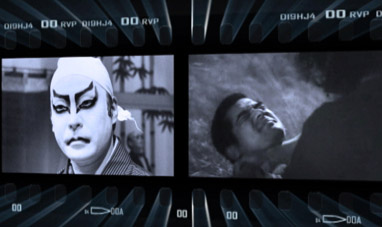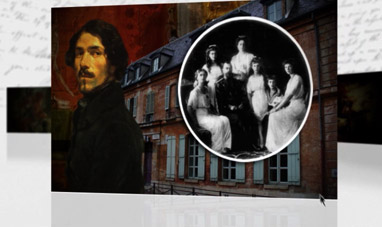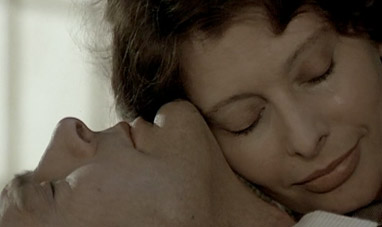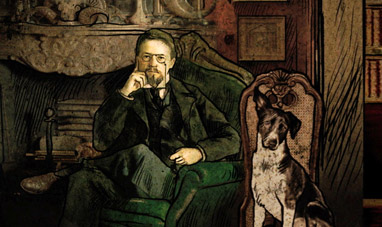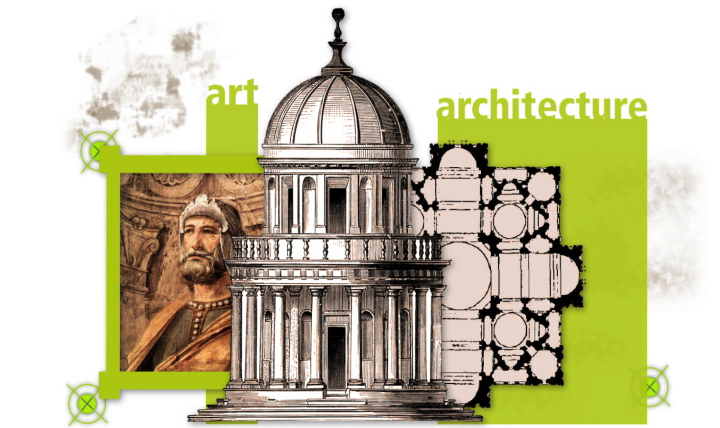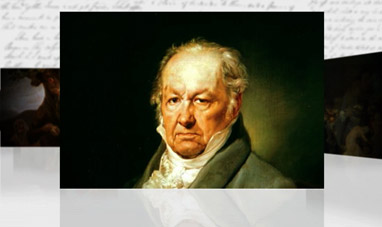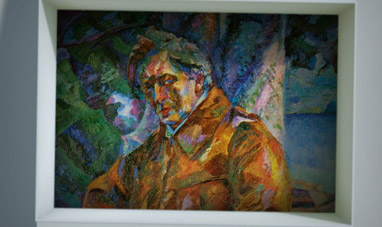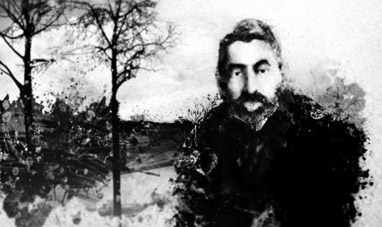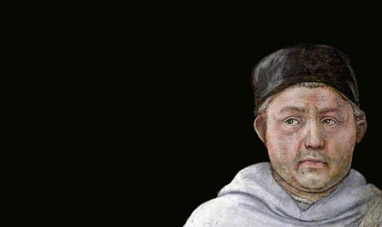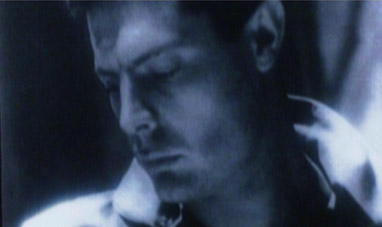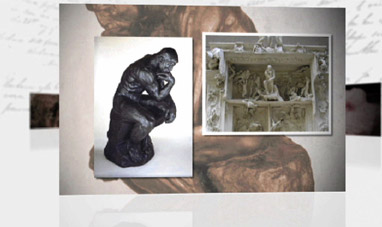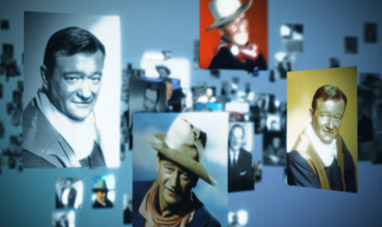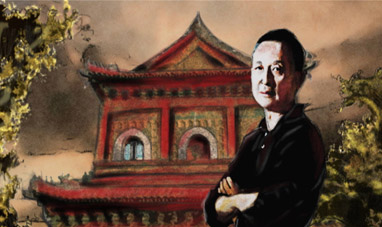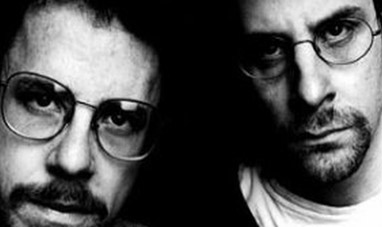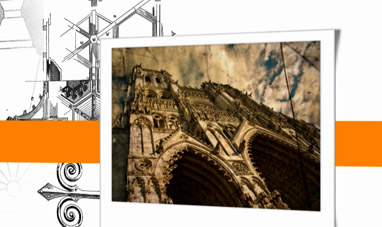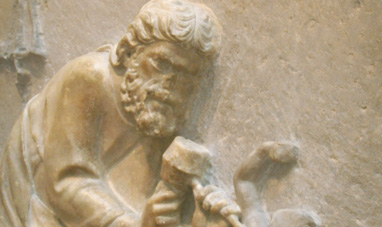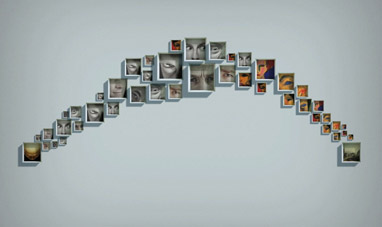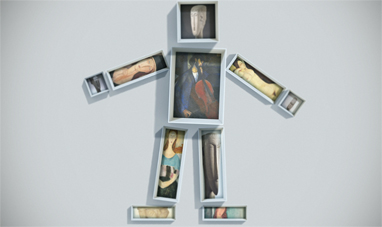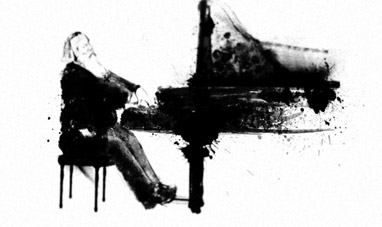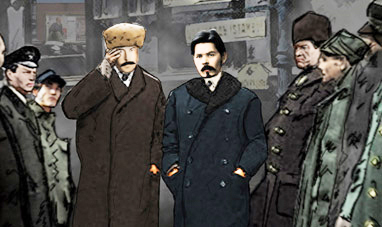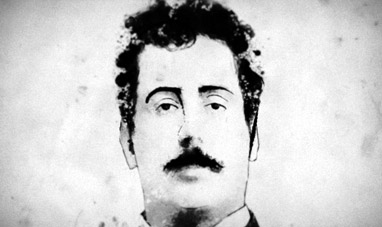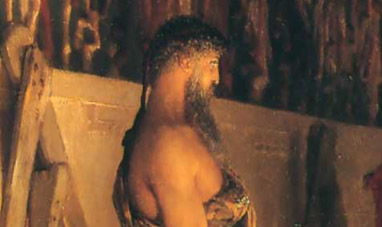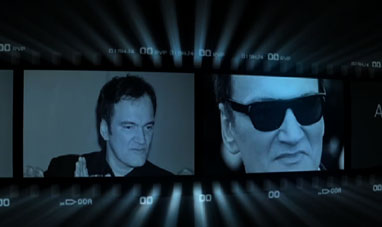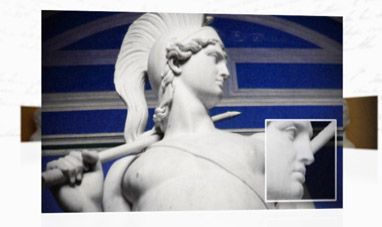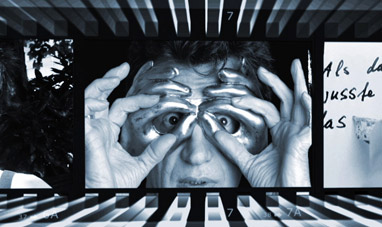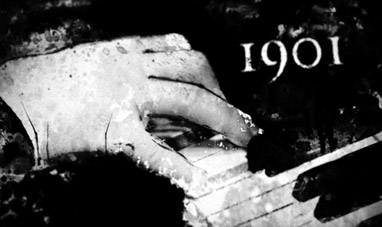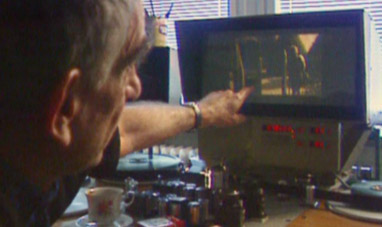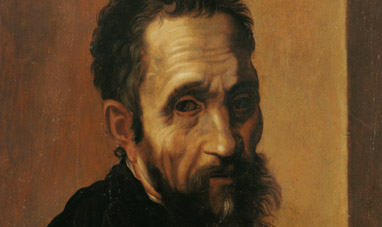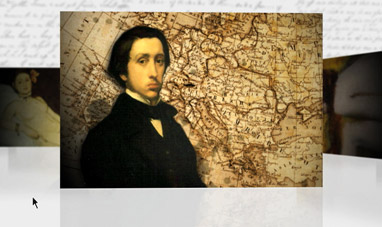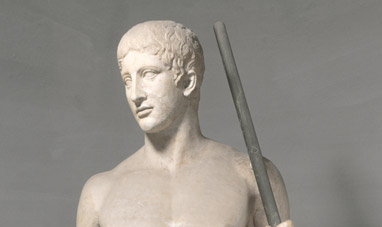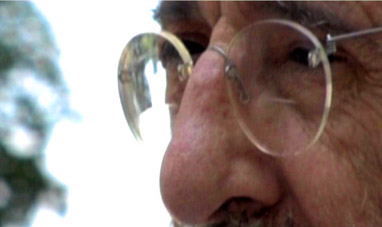Jack Kerouac was an American writer. He was a central figure of a 1950s literary movement known as the “Beat Generation.”
Jean-Louis Kerouac was born into a Catholic family in Lowell, Massachusetts, on March 12, 1922. He had a Jesuit upbringing and graduated from Lowell High School. He began writing short stories while he was still a boy. Kerouac’s high school sports skills earned him an athletic scholarship at Columbia University in New York City. In 1942, he dropped out and joined the Navy. But he was discharged after a Navy doctor diagnosed him with latent schizophrenia. Kerouac then joined the Merchant Marines, going to sea on a commercial vessel. Back in New York, he spent time with former Columbia classmates, including Edith Parker. She bailed him out after he was arrested for not turning in his friend Lucien Carr, charged with homicide in self-defense. Kerouac married Edith Parker later that same year. He joined his friends in the hipster movement, a response to America’s postwar consumer culture.
Hipsters had artistic aspirations, did public readings, listened to jazz and took drugs. In 1946, based on his new experiences, Kerouac wrote his first novel, The Town and the City. It was published in 1950 and earned favorable reviews. Kerouac and the aspiring writers around him soon became a literary movement. Kerouac coined the phrase “Beat Generation,” referring to those beaten down by society and weary of its rules. At 25, Kerouac made several trips across the USA, traveling by car and bus. His experiences resulted in the novel On the Road, which many consider the Beat Generation’s manifesto. His characters roamed the American landscape, drinking or taking drugs, using travel as a journey to self-enlightenment. Kerouac’s spontaneous, near stream-of-consciousness prose broke away from the classic norms of narrative storytelling. Finished in 1951 but published only in 1957, the book was an immediate success. In 1950 he married writer Joan Haverty, his literary muse. He left her a year later when she became pregnant. For nine years, Kerouac refused to acknowledged paternity of his daughter Jan, who was born in 1951.
Kerouac crisscrossed the US frequently in the 1950s, also heading south into Mexico. He was influenced by Buddhism, which would play a role in his mystical novels The Dharma Bums and Desolation Angels, published after On the Road.
Keroauc’s sudden popularity seemed to alienate him, and he spent long stretches of time alone. He wrote Big Sur, a reflection on his growing personal troubles. By now an alcoholic, Kerouac spent the last years of his life living with his mother and his third wife while working on the semi-autobiographical book Vanity of Duluoz. Jack Kerouac died on October 21, 1969 of complications resulting from alcoholism. He was 47.
Jean-Louis Kerouac was born into a Catholic family in Lowell, Massachusetts, on March 12, 1922. He had a Jesuit upbringing and graduated from Lowell High School. He began writing short stories while he was still a boy. Kerouac’s high school sports skills earned him an athletic scholarship at Columbia University in New York City. In 1942, he dropped out and joined the Navy. But he was discharged after a Navy doctor diagnosed him with latent schizophrenia. Kerouac then joined the Merchant Marines, going to sea on a commercial vessel. Back in New York, he spent time with former Columbia classmates, including Edith Parker. She bailed him out after he was arrested for not turning in his friend Lucien Carr, charged with homicide in self-defense. Kerouac married Edith Parker later that same year. He joined his friends in the hipster movement, a response to America’s postwar consumer culture.
Hipsters had artistic aspirations, did public readings, listened to jazz and took drugs. In 1946, based on his new experiences, Kerouac wrote his first novel, The Town and the City. It was published in 1950 and earned favorable reviews. Kerouac and the aspiring writers around him soon became a literary movement. Kerouac coined the phrase “Beat Generation,” referring to those beaten down by society and weary of its rules. At 25, Kerouac made several trips across the USA, traveling by car and bus. His experiences resulted in the novel On the Road, which many consider the Beat Generation’s manifesto. His characters roamed the American landscape, drinking or taking drugs, using travel as a journey to self-enlightenment. Kerouac’s spontaneous, near stream-of-consciousness prose broke away from the classic norms of narrative storytelling. Finished in 1951 but published only in 1957, the book was an immediate success. In 1950 he married writer Joan Haverty, his literary muse. He left her a year later when she became pregnant. For nine years, Kerouac refused to acknowledged paternity of his daughter Jan, who was born in 1951.
Kerouac crisscrossed the US frequently in the 1950s, also heading south into Mexico. He was influenced by Buddhism, which would play a role in his mystical novels The Dharma Bums and Desolation Angels, published after On the Road.
Keroauc’s sudden popularity seemed to alienate him, and he spent long stretches of time alone. He wrote Big Sur, a reflection on his growing personal troubles. By now an alcoholic, Kerouac spent the last years of his life living with his mother and his third wife while working on the semi-autobiographical book Vanity of Duluoz. Jack Kerouac died on October 21, 1969 of complications resulting from alcoholism. He was 47.

